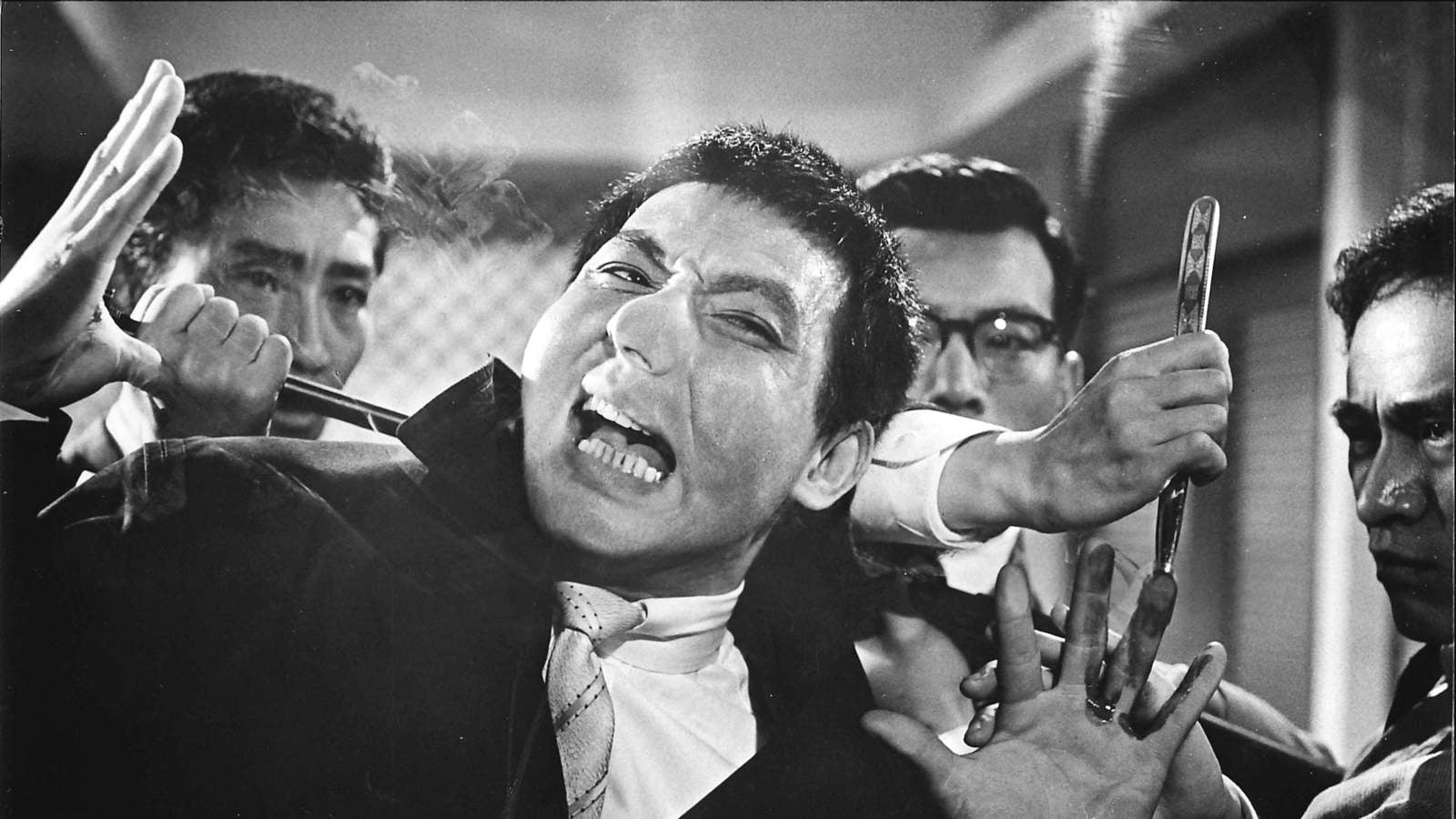I think that the direction really escalates the whole movie, and I think that combined with the stronger writing in the first third, the initial 20 or so minutes are actually really effective. When she kept rebuffing his attempts to guilt her or trap her (by making her be "mean" by not giving him a ride) I was super intrigued.
As it goes on, the solid direction keeps it engaging, but despite the technical competence on display, there was just nothing that could have made the last hour surprising (Gee! Wonder what's going to happen to this nice hunter man who keeps talking about his adorable wife!).
If somehow it had managed to keep the surprising aspect of the first third, it could have been a pretty awesome flick. And some of the thematic elements (like the protagonist and antagonist using each others' families as leverage) were RIGHT THERE. A missed opportunity.
As it goes on, the solid direction keeps it engaging, but despite the technical competence on display, there was just nothing that could have made the last hour surprising (Gee! Wonder what's going to happen to this nice hunter man who keeps talking about his adorable wife!).
If somehow it had managed to keep the surprising aspect of the first third, it could have been a pretty awesome flick. And some of the thematic elements (like the protagonist and antagonist using each others' families as leverage) were RIGHT THERE. A missed opportunity.
 Check out my podcast:
Check out my podcast: 


